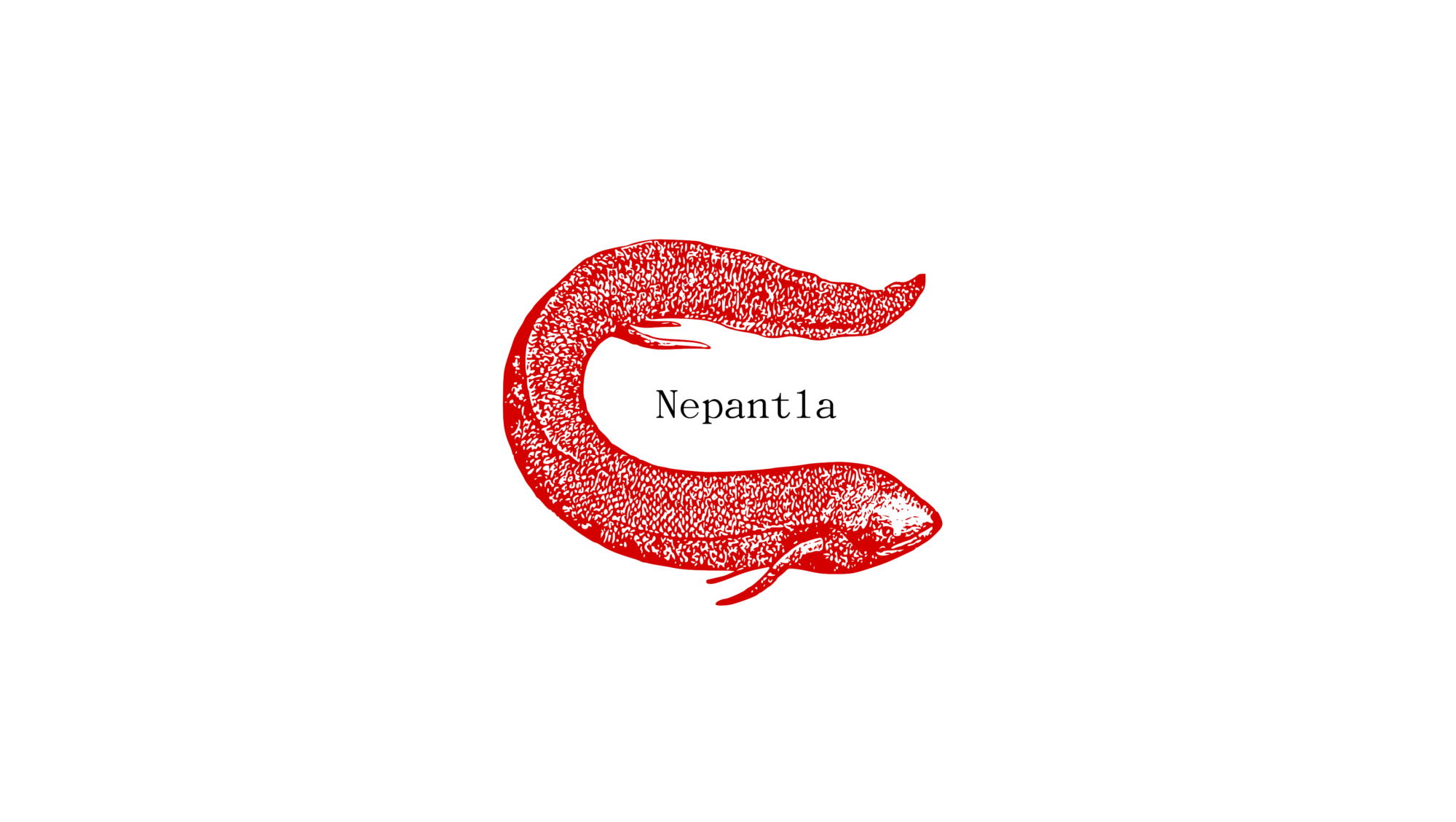by Jun Fujita Hirose
April 1, 2020 in Tokyo

Disclaimer: This is a raw translation of Jun Fujita Hirose’s article “Los furiosos japoneses en alianza con el corona”, published in Lobosuelto.
During the last two months, many Japanese have been living an ambivalent relationship with the corona-virus. It is true that it scares them, but at the same time they secretly begun to work in alliance with it. That secret alliance occurs under the current Japanese government, almost unanimously considered to be the most corrupt and harmful government in Japanese history since the end of the World War II.
In September 2013 in Buenos Aires, in his speech addressed to the members of the international Olympic committee who were going to vote the host city of the 2020 Olympic games, Shinzo Abe, current Japanese prime minister reelected at the end of the previous year, stated: “The situation is under control. There is no health problem of any kind for the present or for the future. Nowadays under the blue sky of Fukushima children play soccer”. He said this when all the inhabitants of Japan knew very well that the reality was something else and that the Tepco (Tokyo Electric Power Company) Fukushima nuclear power plant would not stop emitting an enormous amount of radioactivity for many years, affecting the earth, the air and the water. For them, the organization of the Olympics in Tokyo in 2020 was nothing more than an offensive denial of the real situation in which they lived, a denial forcefully orchestrated by the Abe government in complicity with the global economic power. Thus, a powerful feeling of rejection of the so-called “Tokyo 2020” was installed and immediately spread among the Japanese population.
The reality that the Japanese government wants to deny and suppress under the hallucinating effect of entertainment is not only that of constant radioactive contamination but also that of the irreversible decline of Japan as an economic superpower. Many Japanese, and young people in particular, are creating new ways of life, different from those of thirty years ago. The ongoing Fukushima accident itself only speeds up as a result of this. In Japan, nobody or quasi nobody is excited today, not even with a mega event like the Olympics powered by the electricity produced by the reopened nuclear reactors, nor with a mega construction like the one of the High-speed rail network between Tokyo and Nagoya. All of these mega projects are bad and anachronistic simulations of the glorious Japanese post-war period.
During its first two years (2013-2015), the Abe government sparked two particularly massive popular protest movements: first, against the hastily drafted secrets protection bill, and then, against the government’s decision to change the constitutional interpretation and the consequent new legislation on the Armed Forces of Self-defense. In both cases, the Japanese ended up facing their own political powerlessness in the face of a quasi-openly fascist government. This explains the fact that after the defeat of the protests against militarization in 2015, no mass mobilization took place in Japan despite a series of corruptions by Shinzo Abe himself that were revealed. In these past five years, popular disagreement against the Prime Minister and his coalition government of the Liberal Democratic Party and Kōmeito was expressed only in a discursive way, in particular on Twitter.
In this desperate political context the corona-virus appeared. Abe’s government seems to have understood from the initial stages that the virus could constitute a serious threat to his beloved Tokyo 2020. Thus began his battle against the virus, a battle that consisted mainly of deliberately underestimating the effect of the epidemic on Japanese territory, minimizing the number of PCR tests, and avoiding adopting any drastic preventive measure. Abe’s government, as well as the international and Japanese Olympic committee, absolutely wanted to maintain the image of a Japan corona free when Covid-19 was becoming a global pandemic. And this new government refusal of the real situation is what led many Japanese to enter into a clandestine alliance with the corona-virus.
On March 24, the Japanese government, together with the International Olympic Committee, publicly announced the one-year postponement of Tokyo 2020. And with this, the Abe government suddenly allowed itself to speak of the possible declaration of a state of emergency and the possible taking of a containment measure for the city of Tokyo. Did the corona win? Only partially from the point of view of the furious Japanese citizens. It is true that we celebrate the appearance, so desired for many years, of a real threat to the neoliberal fascist power, but what we wanted and want is an immediate cancellation and not at all a postponement, which means only a prolonged purgatory time, in that Abe’s government will reorganize its postponed Olympics as a “testimonial event of humanity’s victory over the new corona-virus” (Abe dixit).
Many Japanese are already ready to become infected and even die by overthrowing the government of Shinzo Abe and by permanently burying this abominable Tokyo 2020. It is a new form of armed struggle that is being born here in a corner of the Far East. The Japanese rebels identify with the corona-virus, which moves in turn identifying itself with the great movements of absolute deterritorialization of the Earth. In an armed struggle, is it not always Earth which provides us with weapons?









